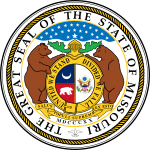Gun laws and policies, collectively referred to as firearms regulation or gun control, regulate the manufacture, sale, transfer, possession, modification, and use of small arms by civilians. Laws of some countries may afford civilians a right to keep and bear arms, and have more liberal gun laws than neighboring jurisdictions. Gun control typically restricts access to certain categories of firearms and limits the categories of persons who may be granted permission to access firearms. There may be separate licenses for hunting, sport shooting, self-defense, collecting, and concealed carry, each with different sets of requirements, privileges, and responsibilities.

More Guns, Less Crime is a book by John R. Lott Jr. that says violent crime rates go down when states pass "shall issue" concealed carry laws. He presents the results of his statistical analysis of crime data for every county in the United States during 29 years from 1977 to 2005. Each edition of the book was refereed by the University of Chicago Press. As of 2019, the book is no longer published by the University of Chicago Press. The book examines city, county and state level data from the entire United States and measures the impact of 13 different types of gun control laws on crime rates. The book expands on an earlier study published in 1997 by Lott and his co-author David Mustard in The Journal of Legal Studies and by Lott and his co-author John Whitley in The Journal of Law and Economics, October 2001.

Melvin Eugene Carnahan was an American lawyer and politician who served as the 51st governor of Missouri from 1993 until his death in 2000. Carnahan was a Democrat and held various positions in government.

Brady: United Against Gun Violence is an American nonprofit organization that advocates for gun control and against gun violence. It is named after former White House press secretary James "Jim" Brady, who was permanently disabled and later died in 2014 as a result of the Ronald Reagan assassination attempt of 1981, and his wife Sarah Brady, who was a chairwoman of the organization from 1989 until her death in 2015.

Roger Byron Wilson is an American politician who served as the 44th lieutenant governor of Missouri from January 1993 to October 2000 and as the 52nd governor of Missouri from October 2000 to January 2001. Wilson was serving his second four-year term as lieutenant governor and was preparing to retire from elected public service when Governor Mel Carnahan died in a plane crash on October 16, 2000. Wilson first became acting governor and was sworn in as governor when Carnahan’s death was confirmed.
Concealed carry, or carrying a concealed weapon (CCW), is the practice of carrying a weapon in public in a concealed manner, either on one's person or in close proximity. CCW is often practiced as a means of self-defense. Following the Supreme Court's NYSRPA v. Bruen (2022) decision, all states in the United States were required to allow for concealed carry of a handgun either permitlessly or with a permit, although the difficulty in obtaining a permit varies per jurisdiction.

John Russell Carnahan is an American politician from the state of Missouri. A member of the Democratic Party, he served as the U.S. representative for Missouri's 3rd congressional district from 2005 to 2013.
Proposition H was a local ordinance on the November 8, 2005 ballot in San Francisco, California, which gained national attention for its banning of most firearms within the city. The measure passed with a yes vote of 123,033 to a no vote of 89,856. The proposition was later struck down in court.

In the United States, open carry refers to the practice of visibly carrying a firearm in public places, as distinguished from concealed carry, where firearms cannot be seen by the casual observer. To "carry" in this context indicates that the firearm is kept readily accessible on the person, within a holster or attached to a sling. Carrying a firearm directly in the hands, particularly in a firing position or combat stance, is known as "brandishing" and may constitute a serious crime, but is not the mode of "carrying" discussed in this article.

The 2000 United States Senate election in Missouri was held on November 7, 2000, to select the next U.S. senator from Missouri. Incumbent Republican senator John Ashcroft lost re-election to a second term to Democratic governor Mel Carnahan despite Carnahan's death in a plane crash 20 days before Election Day. Due to the timing of Carnahan's death, state law did not allow his name to be replaced on the ballot. Newly inaugurated governor Roger Wilson appointed Mel Carnahan's widow Jean Carnahan to fill the seat pending a 2002 special election.
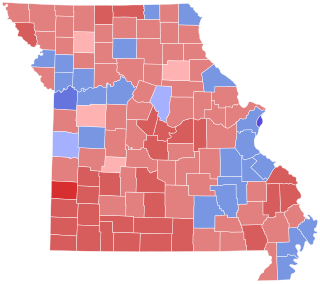
The 2002 United States Senate special election in Missouri was held on November 5, 2002, to decide who would serve the rest of Democrat Mel Carnahan's term, after he died while campaigning and posthumously won the 2000 election. The winner would serve the remainder of the term ending in 2007. Governor Roger Wilson appointed Carnahan's wife Jean, also a Democrat, to serve temporarily. She then decided to run to serve the remainder of the term, but she was narrowly defeated by Republican nominee Jim Talent.

Gun laws in California regulate the sale, possession, and use of firearms and ammunition in the state of California in the United States.
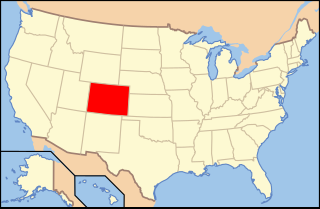
Gun laws in Colorado regulate the sale, possession, and use of firearms and ammunition in the state of Colorado in the United States.

Gun laws in Wisconsin regulate the sale, possession, and use of firearms and ammunition in the U.S. state of Wisconsin.

Gun laws in the District of Columbia regulate the sale, possession, and use of firearms and ammunition in Washington, D.C.
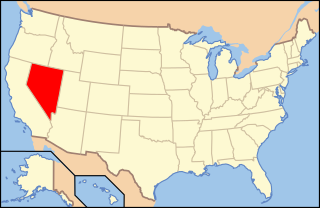
Gun laws in Nevada regulate the sale, possession, and use of firearms and ammunition in the state of Nevada in the United States.
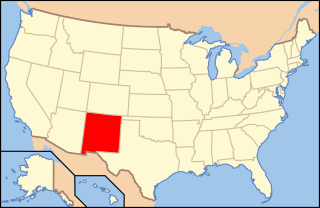
Gun laws in New Mexico regulate the sale, possession, and use of firearms and ammunition in the state of New Mexico in the United States.

Gun laws in Texas regulate the sale, possession, and use of firearms and ammunition in the U.S. state of Texas.
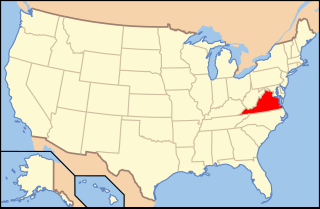
Gun laws in Virginia regulate the sale, possession, and use of firearms and ammunition in the Commonwealth of Virginia in the United States.

The history of concealed carry in the United States is the history of public opinion, policy, and law regarding the practice of carrying concealed firearms, especially handguns.

